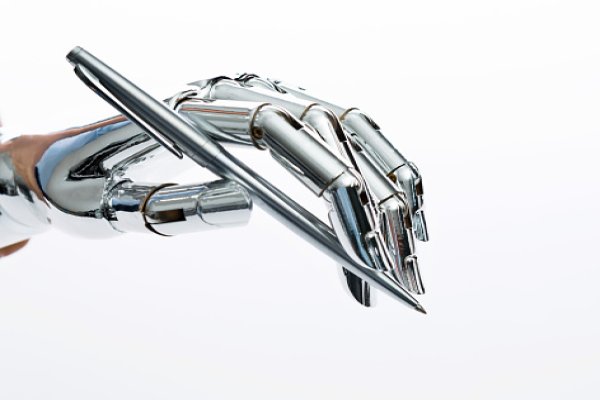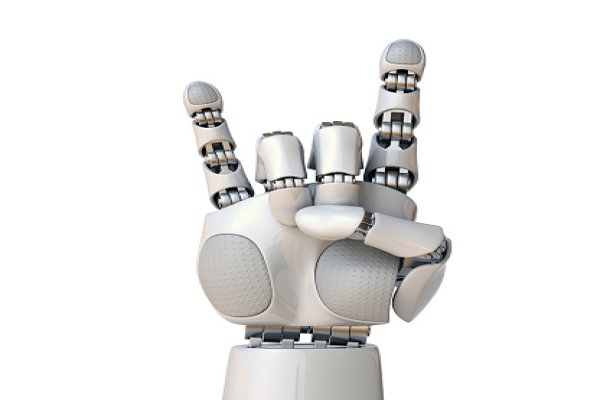Brett Schickler recently realized his precious opportunity to get published after discovering ChatGPT, an artificial intelligence program. Never before had he pictured himself as an author – only dreamt of it – until this chance came to fruition.
Schickler, based in Rochester, New York as a salesman, described his experience as an asset to the industry.
Brett Schickler says:
“The idea of writing a book finally seemed possible.”
“I thought ‘I can do this.'”
In January, Schickler released an illustrated children’s ebook which he crafted over a short while, taking advantage of AI’s capabilities to generate text blocks from simple prompts. The book is available for purchase on Amazon’s self-publishing section.
Sammy the Squirrel unintentionally acquires a gold coin, inspiring him to save money. This leads him to devise an acorn-shaped piggy bank and launch an acorn trading business. Through his ventures amongst his forest friends, he dreams of purchasing a grinding stone one day with his amassed coins.
Envy of all his other furry friends, Sammy managed to become the most prosperous Squirrel in the forest, and as a result, his prosperous fortune began to spread even further.
Even though Schickler has earned under $100 from his software-generated book, which is available as a printed version priced at $9.99 and a Kindle version of $2.99, it has still been enough to motivate him to pen more publications utilizing similar technology.
Schickler went on to say:
“The Wise Little Squirrel: A Tale of Saving and Investing.”
“I could see people making a whole career out of this.”
“Write a story about a dad teaching his son about financial literacy.”
Testing the promise and limitations of ChatGPT, Jeff Schickler is on the leading edge of a movement that sent shock waves through Silicon Valley and beyond when it debuted in November. This technology offers an uncanny ability to create coherent blocks of text instantaneously.
Using ChatGPT as an author or co-author, Amazon’s Kindle store showcased over 200 ebooks in mid-February. Examples of these include “How to Write and Create Content Using ChatGPT,” the educational work “The Power of Homework,” and the poetry collection “Echoes.
It is practically incomprehensible to determine in full how many ebooks could be formulated by AI because of ChatGPT’s systematic and many authors not revealing they have used it.
The emergence of this software recently has caused some disruption in the technology industry, with Google (Alphabet Inc (GOOGL.O)) and Bing (Microsoft Corp (MSFT.O)) both introducing AI-driven functions very quickly in a bid to respond to this news.
With its rapid consumer popularity, ChatGPT has spurred an influx of investments into AI-driven tech startups leading to Microsoft’s success in Bing search engine integration and winning positive public attention. This has further offered laid-off individuals in gloomy conditions a viable option of technological employment.
Using ChatGPT to generate its content has raised some concerns over authenticity. CNET conducted an experiment utilizing AI and found many instances of grammar errors and plagiarism, which caused them to discontinue their utilization of the technology.
Is AI Writing Assistance A Threat To Traditional Authors?
ChatGPT has the potential to revolutionize the traditional book industry. Using it, we can create books with compiled content, and authors who opt for a fast revenue often suggest children’s books, including illustrations. They can upload their works instantly through Amazon’s Kindle Direct Publishing service.
Hundreds of tutorials on YouTube, TikTok, and Reddit show users how to quickly create a book in only a few hours—from plans for getting rich to instructions about dieting, software coding, and recipes.
The launch of AI-written ebooks by ChatGPT on Amazon marks a significant milestone in the evolution of AI technology and its impact on the publishing industry. The ability of AI to produce high-quality ebooks that are indistinguishable from those written by human authors is a remarkable feat that has the potential to revolutionize the way we consume and produce content.
While this new development in AI technology offers many benefits, including increased accessibility and affordability of content, it also raises important questions about the role of human creativity and its potential impact on the publishing industry and job market. As the use of AI for content creation continues to expand, it will be important to carefully consider the implications and ensure that ethical and social considerations are considered.
Source: Reuters



